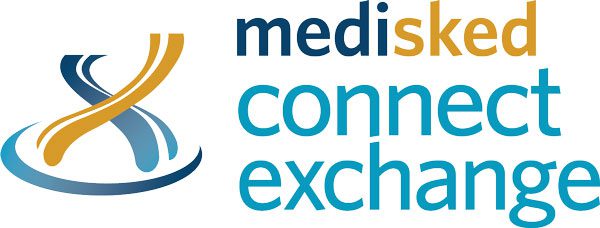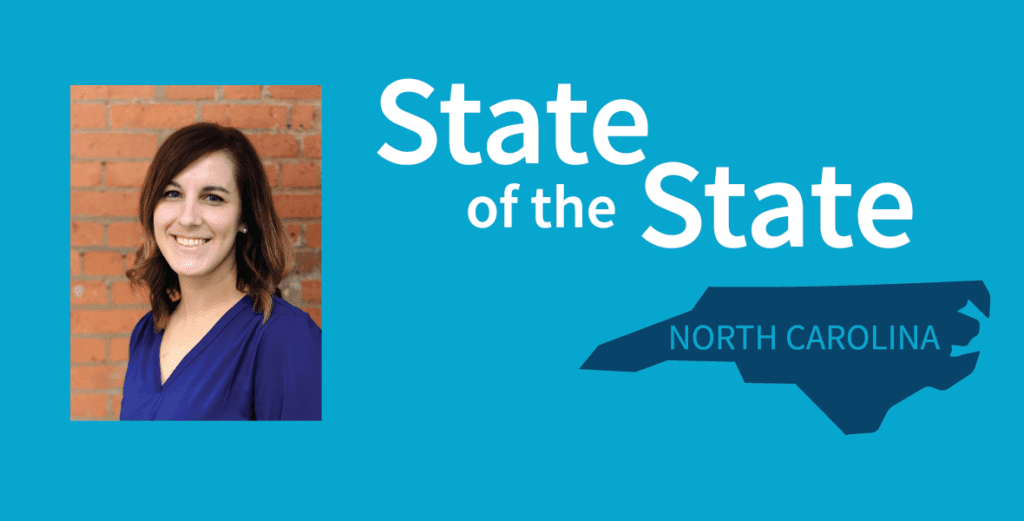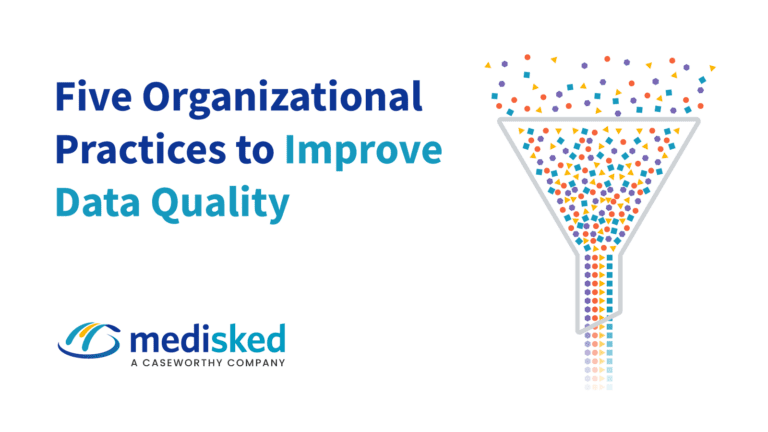When it comes to Medicaid Managed Care Transformation in North Carolina, it’s always been a question of not “if” but “when.” The state has encountered a number of roadblocks to implementation, including a state budget impasse in 2019 and a worldwide pandemic. While the state’s focus needed to shift at the beginning of the pandemic, they are ready to get back to work by jump-starting Medicaid Managed Care Transformation. That jump-start began with Senate Bill 808: Medicaid Funding Act which has been signed into law by Governor Roy Cooper. The Act, which contains additional funding for COVID-19 testing and tracing, also indicates that capitated contracts shall begin no later than July 1, 2021.
Managed Care is not a new concept in North Carolina. In fact, the earliest example of this began in 1986 with a small risk-based, capitated managed care program called Health Care Connection that covered one county (terminated in 2006). In 2011, 80% of Medicaid beneficiaries were enrolled in some form of managed care. Beginning in 2005 as a pilot, and now fully implemented, the state uses Local Management Entities (LMEs) to manage behavioral health and developmental disabilities services for most Medicaid beneficiaries with health needs.
While North Carolina has evolved their managed care programs over the years, it became apparent that there was room for improvement which prompted the state to embark on a Medicaid Transformation initiative. With the Medicaid Transformation initiative, the state plans to employ a quality improvement strategy that focuses on the three aims of better care, healthier people and communities, and smarter spending.
The groundwork for Medicaid Transformation in North Carolina began in 2015 when the NC General Assembly enacted Session Law 2015-245 which called for the transition of fee-for-service for Medicaid and Health Choice programs to paying private health plans on a capitated basis. In late 2018, North Carolina received approval for a 1115 demonstration waiver through the Centers for Medicare and Medicaid Services (CMS). The 1115 waiver’s purpose is two-fold, to address the opioid epidemic and general substance use treatment needs.
There are six major components of the demonstration which include implementation of:
- Enhancement of benefits related to substance use disorder (SUD) treatments
- Standard Plans (SPs)
- Advanced Medical Homes
- Enhanced Case Management and Other Services (ECMOS) Pilots
- Behavioral Health and Intellectual/Developmental Disability Tailored Plans (BH I/DD Tailored Plans) and Statewide Foster Care Plan
- Health Homes
Recently, Dave Richard, Deputy Secretary for North Carolina Medicaid, and Jay Ludlam, Assistant Secretary for Medicaid, held an Oversight Committee meeting in which they provided news on the steps the Department has been taking and provided updates on timelines for implementation.
Current transformation timelines call for open enrollment to begin in March 2021 for Standard Plans, which will include individuals not excluded from enrollment in PHPs, those eligible for BH I/DD Tailored Plans and specialized foster care plans. Enrollment for BH I/DD Tailored plans is slated to launch in July 2022. The BH I/DD Tailored Plan is designed for individuals with significant behavioral health needs and intellectual/developmental disabilities (I/DDs). The Behavioral Health I/DD Tailored Plan will also serve other special populations, including Innovations and Traumatic Brain Injury (TBI) waiver enrollees, and waitlist members.
As Medicaid Transformation progresses in North Carolina, MediSked is dedicated to staying informed about policies that affect providers, including those that provide direct services to individuals and those providing care management including Care Management Agencies (CMAs), Advanced Medical Home Practices (AMHs), Clinically Integrated Networks (CINs) (which may fulfill Tailored Care Management functions), and Standard Plans and BH I/DD Tailored Plans. With more than 17 years of industry experience, MediSked is deeply embedded and committed to the improved health/whole person care coordination of North Carolinians. We’re thankful to be a trusted partner in support of Medicaid Transformation in North Carolina since 2011.








